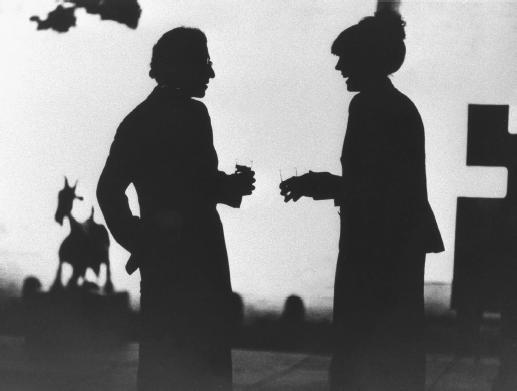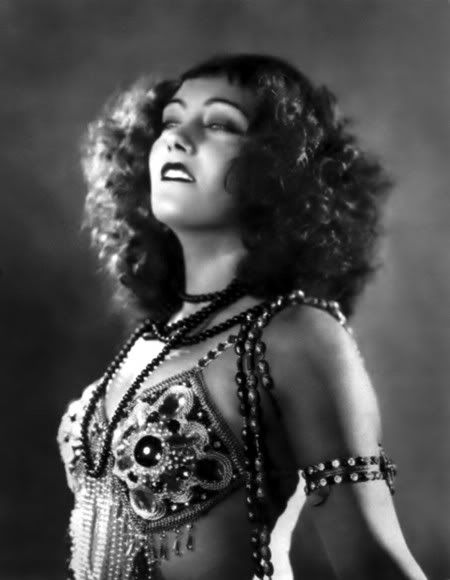
In this article, Four different types of Segregations are mentioned, that people would go through because of the rise of television. There is a segregation from one another, a segregation from the source, a segregation from reality, and a segregation from the past.
Segregation from One Another: The Author tells how a coloniel housewife would see their neighbors when going to gather water, but generations later, their is less opportunity to see people. As electricity, mail delivery, and telephone came about their were even less reasons for leaving your house. Television then may have become the number one reason never to leave your home. "Television brings in a supply of information, knowledge, news, romance, and advertisements- without having set foot outside her door." The author says. The experience that you will get when fantasyzing over television will exceed anything you get in the outside world. The article also discusses, when you go to a public event, whether it be a theater, a ball game, or political rally, the crowd is half the fun. When you watch television, a person has nobody to turn to but themselves, or the few family members they are watching with. In some homes where there is two-televison sets, families even become isolated from one-another.
Segregation from the Source: As the television medium became more and more relevant, the government, and politicians would use it to address the public. Now there would be less political public appearances, instead to hear and see from your public figures you would have to wait for them to come on your screan. Now a person would feel isolated from their government. Other then your occasional vote, there was no way to converse with these public figures, it would become harder and harder to get your voice out. Your relationship with public figures and the governement would now become "non-existant."
Segregation from the past: "Of all the forces that have tempted us to lose our sense of history, none was more potent than television." The article says. "Because television enables us to be there, anywhere, instantly, precisely because it fills the instant present moment with experiences so engrossing and overwhelming, it dulls over our sense of the past. Basically this portion of the article says that with televsion, we now live and see everything happen in real time, there is no longer the historic moments and stories that get past from generation to generation, that we read in historical text. Now we see the real-life moments, and rather then pass them on, we are captivated by the next moment we see visually in real time. With the television world, everything is about here and now.
Segregation from Reality: In time before televison, we were so used to being out and about seeing something, happening somewhere, only to tell someone later what we saw. The article says. "For our TV-experience we don't need to go out to see anything in particular. We just turn a knob." In our real life we see things from out point of view, but as this article brings up, television programs can show many different points of view, this is captivating to an audience. We seperate from the real world when we become to enthused with the new television world. This portion of the article basically says were living a fantasy world in our heads, and that we are becomming comepletly seperated from reality.



.jpg)







